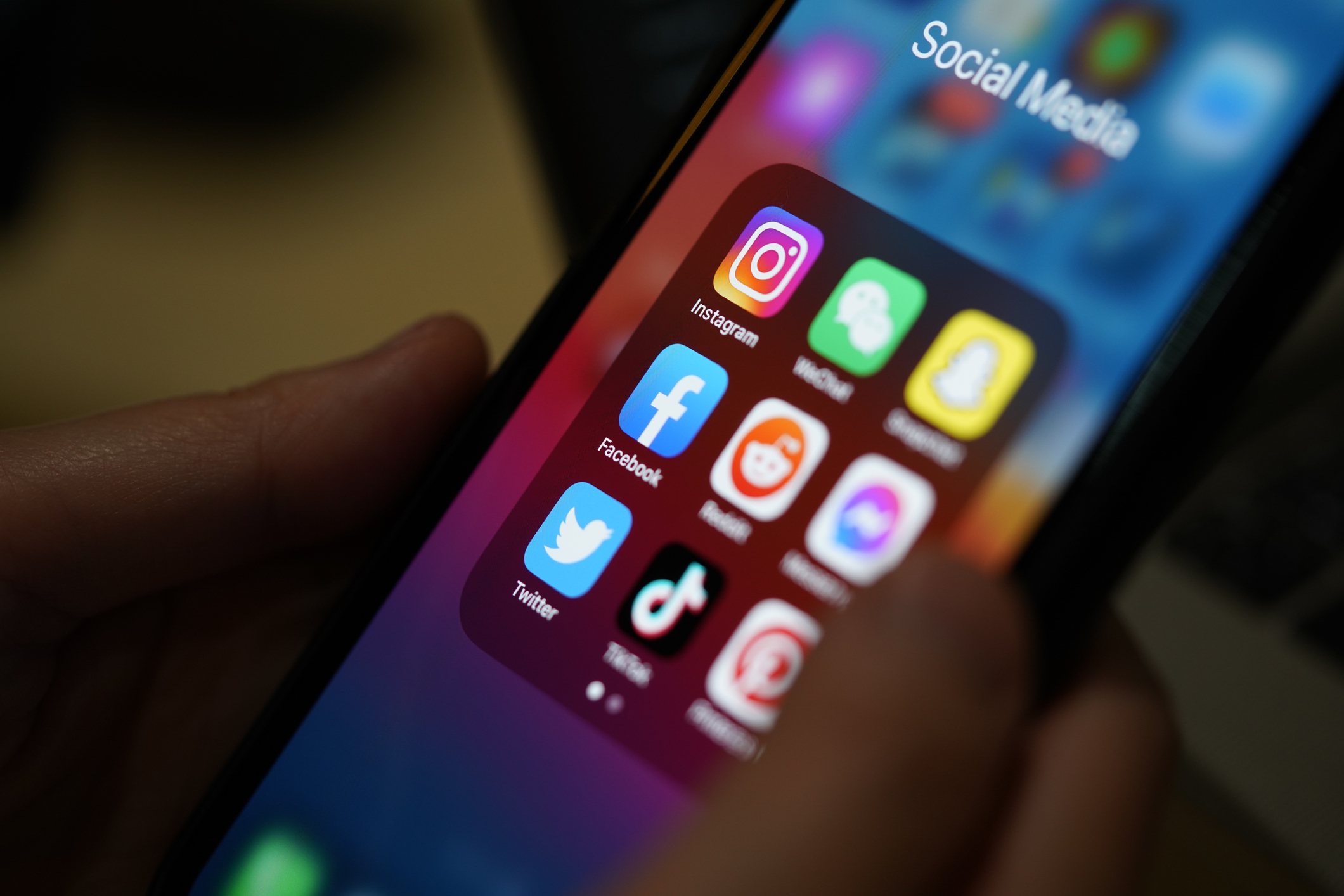
Whether you are a pulmonologist, gastroenterologist, ENT or another type of physician, it’s important to meet patients needing health information where they are.
After all, most of the general public is not reading the New England Journal of Medicine or other scholarly medical journals to access their health information — but they are on social media. That’s according to Dr. Kelly Cawcutt, who was a speaker at this year’s Women in Medicine Summit and whose insights were shared in a recent Healio story.
That makes physicians’ presence on social media all the more important for public health going forward.
“Ethically, I believe that we are called to bring truth, expert science and information to the public where patients are,” Cawcutt, an infectious disease physician and codirector of digital innovation and social media strategy at University of Nebraska Medical Center, told Healio.
Fifty percent of the world is on at least one social media platform, she said. In the U.S., that number is 70 percent, the same percentage as physicians who are using social media, according to Cawcutt.
Indeed, physicians are increasingly using Tik Tok, Instagram, Facebook, Twitter and other platforms to relay preventative and other health information they think patients need to know.
As valuable as social media can be in disseminating helpful health information, Cawcutt and others note there was an abundant and alarming amount of misinformation that spread during the height of the COVID-19 pandemic.
That means it’s important for doctors to be on social media to monitor the validity what is being said and serve as myth busters when false information is being spread, she says.
Still, some physicians warn that caution should be used when embarking on social media platforms.
“Before jumping in or reassessing your use, it’s a good idea to define your goals, listen to the conversation, develop an audience, and think about how to present an authentic online persona,” wrote Dr. Bich-May Nguyen and other family physicians in a piece published in Family Practice Management.


